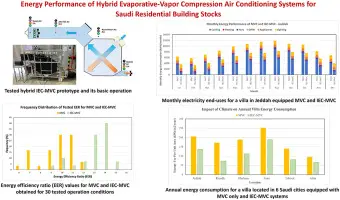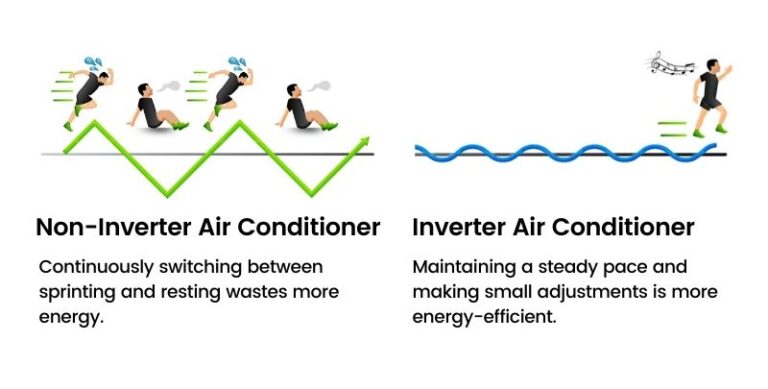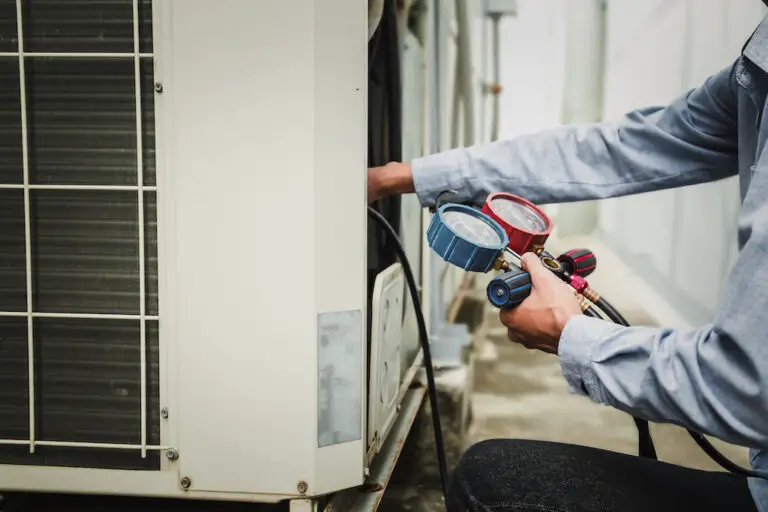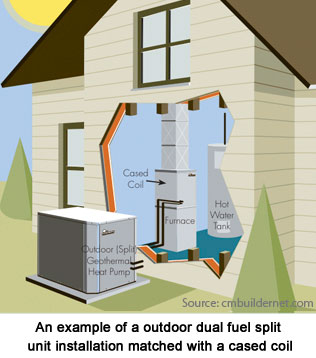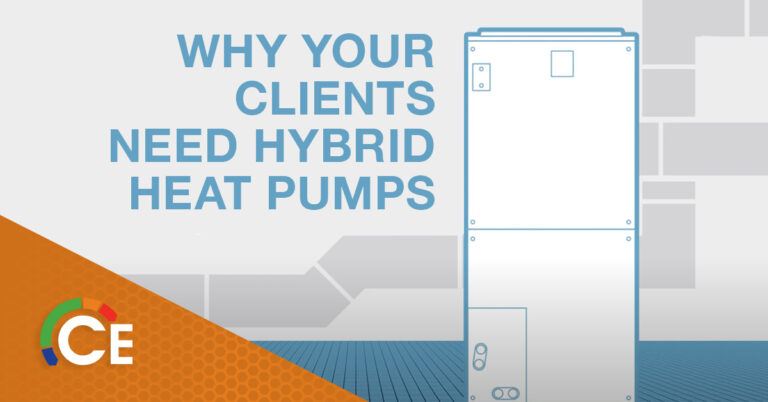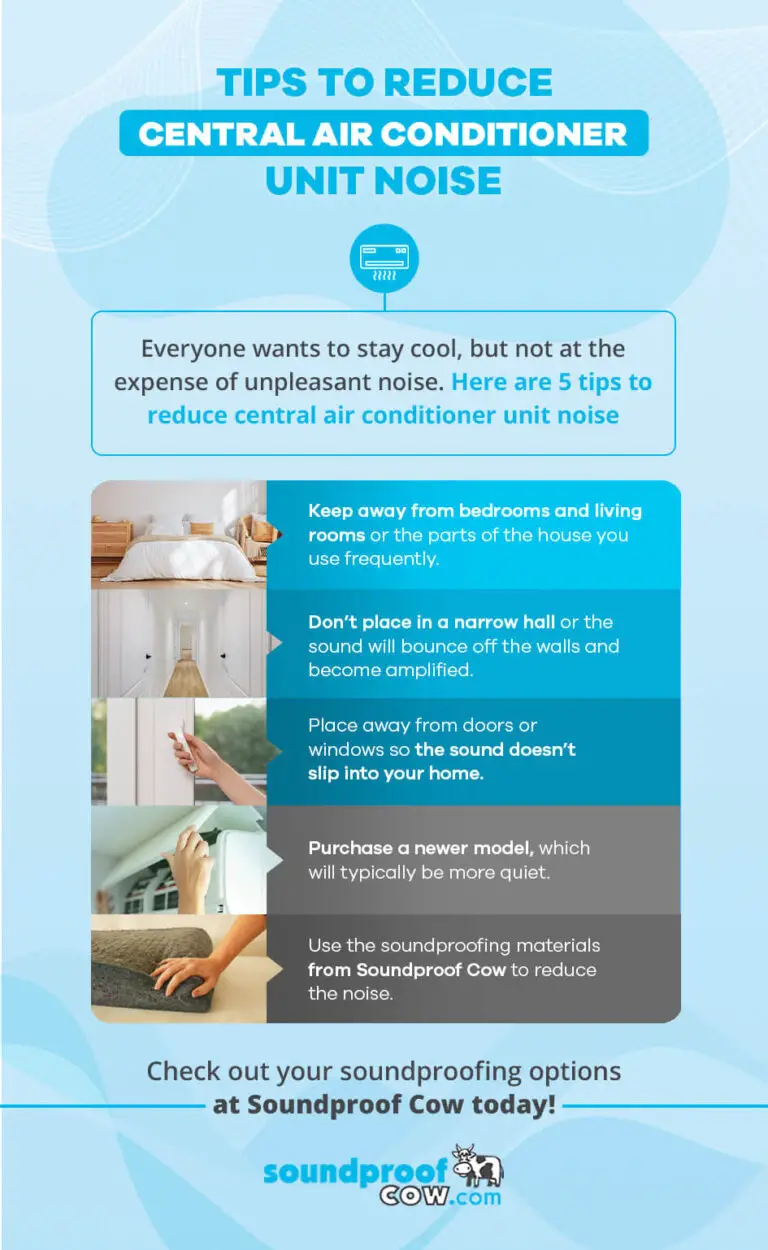Economics of Efficiency: Calculating Savings with Hybrid Air Conditioning Systems
A breezy living space in the simmering summer heat is non-negotiable for comfort-focused homeowners. Yet, the cooling respite often comes at an environmental and economic cost, with traditional air conditioning systems being notorious energy guzzlers. However, there’s a 21st-century twist in the tale – hybrid air conditioning systems. These sophisticated marvels have redefined the economics of indoor climate control, promising cooler tomorrows both figuratively and literally.
In this extensive exploration, we’ll dissect the financial advantages of adopting such systems, tailor-made for both homeowners looking to slice their energy bills and HVAC professionals cementing themselves in the shifting landscape of eco-conscious technology.
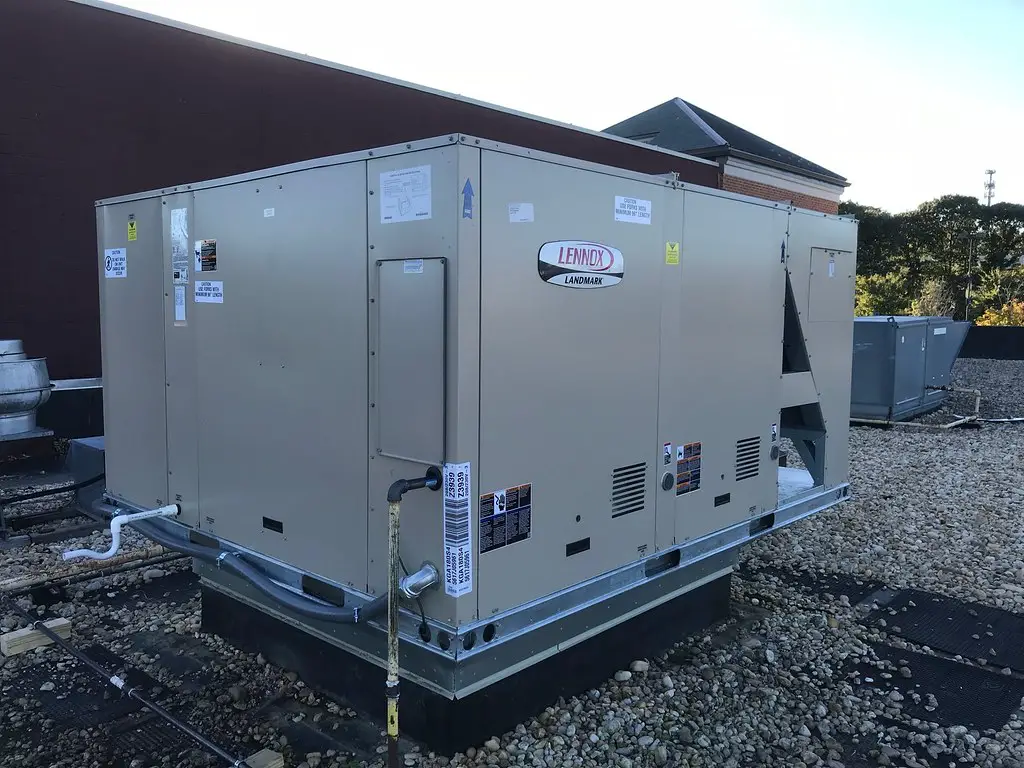
Understanding Hybrid Air Conditioning Systems
A hybrid air conditioning system, also known as a dual-fuel system, combines the best of both worlds: an electric heat pump and a gas furnace. This dynamic duo operates in concert to provide maximum climate control. When temperatures are mild, the heat pump takes the lead, drawing on electrical power to efficiently warm or cool the air inside your home. However, during extreme weather, the gas furnace stands ready to lend its powerful capabilities, ensuring a consistent indoor temperature without the excessive energy use.
Benefits Over Traditional Systems
The benefits of hybrid systems extend beyond mere utility bill savings. By intelligently switching between sources, these systems can meet your comfort demands effectively, also reducing carbon emissions. The in-built versatility wards off the discomfort of over-reliance on any single energy source, ensuring your home is ready for all weather deviations.
Calculating Cost Savings
To truly appreciate the financial impact of hybrid air conditioning systems, one must understand the calculus behind their savings. We’ll walk you through the methodology of determining whether the upgrade is not just environmentally sound, but also wallet-friendly.
Initial Investment
The upfront cost of a hybrid system is typically higher than that of a conventional unit, refueling the perpetual debate between paying more now to save later or a steady but unfettered state of spending. We’ll examine how this entry fee plays out over the lifetime of the system and whether it’s worth the investment.
Energy Savings
The crux of the matter lies in the consumption – or the lack thereof. Hybrid systems often boast significantly higher Energy Efficiency Rating (EER) and Seasonal Energy Efficiency Ratio (SEER) scores. We’ll show you the money by crunching the numbers and illustrating how lower power consumption translates to hefty savings.
Maintenance Costs
Operationally, hybrid systems tend to be more resilient thanks to their adaptable usage patterns. They also come with a common-sense bonus – less frequent servicing, meaning you’d be cutting back not just on monthly utilities, but also on those pesky repair bills.
Comparative Analysis with Conventional Systems
In a head-to-head cost comparison, which system triumphs? We’ll map out a comprehensive list of scenarios and usage patterns to isolate the most economical choice. Do the months of mild climate actually tip the scales in favor of hybrid systems, or does the predictability of gas make traditional units the sensible pick?
Case Studies and Real-Life Examples
Numbers are one thing, but stories of real people implementing hybrid systems can attest to their everyday utility. We’ll share anecdotes where homeowners have seen a substantial decrease in their energy bills post-installation. From the snow-capped peaks to the sultry coasts, successful switchovers to dual-fuel systems have resulted in both comfort and cash savings.
Tips for Homeowners
For those considering a shift to a hybrid system, there are crucial steps to ensuring a smooth and rewarding transition. We’ll guide you through the self-assessment process necessary to identify if a hybrid system is indeed the right fit for your home. We’ll also provide tips on the selection, installation, and upkeep of these systems, ensuring your investment yields optimal results.
How to Evaluate If a Hybrid System Is Suitable
Assessing the suitability of a hybrid system for your home involves elements such as climate zones, utility rates, insulation, and your family’s temperature preferences. We’ll provide a simple checklist to demystify this evaluation process.
Installation and Maintenance
The buck doesn’t stop with buying the most advanced system – its longevity and performance are deeply entwined with a professional and regular upkeep. We’ll walk you through the signs to look out for in the installation process and tips for responsible system stewardship.
Tips for HVAC Professionals
For the HVAC community, the rising tide of environmental concern presents not just a challenge but an opportunity. By championing the cause of hybrid systems, professionals can position themselves as forward-thinking allies of the earth and adept navigators of the bottom line.
Advantages of Promoting Hybrid Systems
We’ll outline key talking points for professionals to highlight the myriad benefits of hybrid systems when engaging with clients. From their efficiency during shoulder months to the potential for incentive programs, there’s a wealth of selling points to cover.
Best Practices for Installation and Customer Education
Hybrid systems come with a learning curve — both for the installer and the user. Providing a comprehensive education alongside the installation service can foster appreciative and informed clients. We’ll share expert strategies for both.
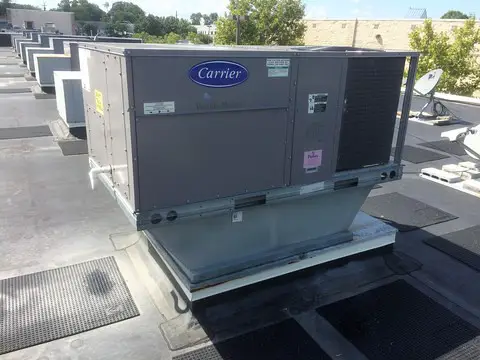
Conclusion
The conclusion echoes the harmonious note hybrid systems strike – one of economic prudence and environmental advocacy. We’ll recap the substantial savings potential they offer and issue a call to action for a collective shift towards energy-efficient solutions. By arming yourselves with the knowledge contained within these virtual pages, you’re not just inching closer to fiscal solace, you’re also taking a step towards a greener horizon.
“Upgrade your cooling, elevate your savings” – it’s not just a catchy slogan. It’s a tangible promise, waiting for you to turn up the thermostat on your financial future.

